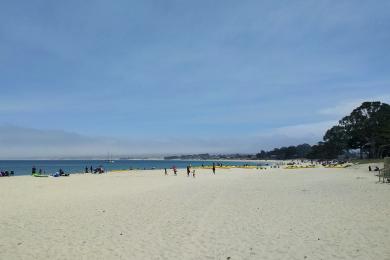Overview
Basking sharks are the second-largest fish in the world – they are characterized by their massive size, reaching up to 40 feet in length, and their distinctive large, flattened head with a wide, gaping mouth. Their bodies are slender and fusiform, with two large, prominent dorsal fins and a small, crescent-shaped caudal fin. Unlike other sharks, basking sharks have five gill slits on each side of their head, which are much larger and more prominent than those of other shark species. They also have a distinctive, long, pointed snout and a pair of small, triangular pectoral fins.
Commonly found in:
- United Kingdom
- Ireland
- France
- Spain
- Portugal
- Italy
- Greece
- Croatia
- Turkey
- Morocco
- South Africa
- Australia
- New Zealand
- Japan
- United States
Over the past 125 years, here have been 7 recorded attacks by basking sharks. Of these attacks, they have occurred at sea and at the following beaches:
Size and Weight
- Size: Males average between 20-26 feet when mature; females average between 23-29 feet when mature
- Weight: Males typically weigh 4,000-5,000 pounds; females typically weigh 5,000-7,000 pounds
- Swimming speed: Both males and females cruise at 2-3 mph
Interaction with Humans
- Interaction with Humans: Generally harmless, may approach boats out of curiosity
- Avoidance: Stay out of areas with high plankton concentrations
- Activity: Most active during daylight hours, especially in summer
Lifespan and Diet
- Lifespan: Both males and females can live up to 50 years
- Diet: Primarily plankton, small fish, and invertebrates; filter feeds by swimming with mouth open
Migratory Patterns
Basking sharks exhibit seasonal migratory patterns. They typically spend summers in coastal areas of temperate regions, such as the waters off the United Kingdom, Ireland, and New England. During winter, they migrate to deeper, warmer waters, with some individuals traveling to areas near the Azores, Canary Islands, and even as far as South America. Some basking sharks have been tracked moving from the coast of New England to the Caribbean and then back north again.



